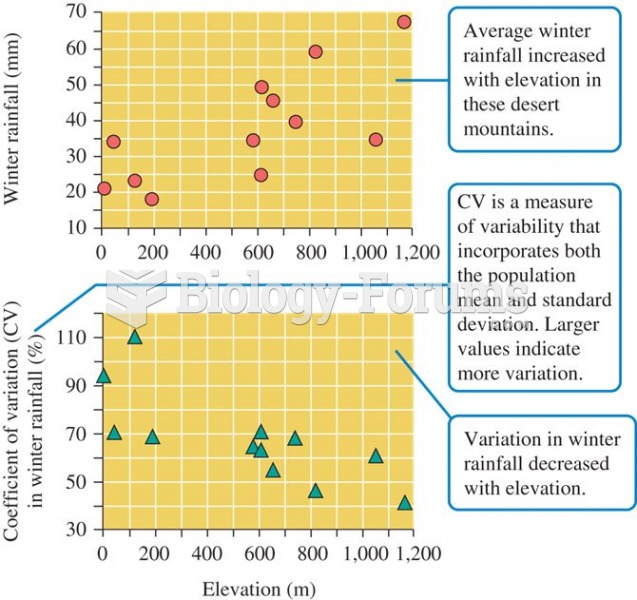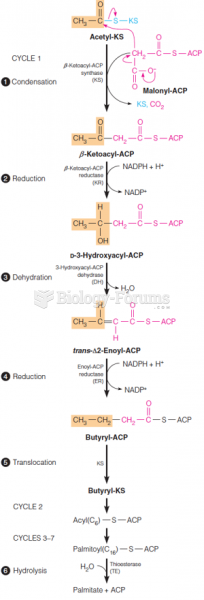A study of the top MBA programs attempted to predict the average starting salary (in $1000's) of graduates of the program based on the amount of tuition (in $1000's) charged by the program and the average GMAT score of the program's students. The results of a regression analysis based on a sample of 75 MBA programs is shown below:
Least Squares Linear Regression of Salary
Predictor
Variables Coefficient Std Error T P
Constant
169.910
26.5350
6.40
0.0000
Tuition
-3.37373
0.81171
-4.16
0.0001
TxT
0.03563
0.00590
6.03
0.0000
| R-Squared | 0.7361 | Resid. Mean Square (MSE) | 358.887 |
Adjusted R-Squared
0.7288
Standard Deviation
18.9443
Source DF SS MS F P
Regression
2
72081.8
36040.9
100.42
0.0000
Residual
72
25839.8
358.9
Total
74
97921.7
Cases Included 75 Missing Cases 0
One of the t-test test statistics is shown on the printout to be the value t = 6.03. Interpret this value.
◦ There is sufficient evidence, at α = 0.05, to indicate that there is a linear relationship between average starting salary of graduates of MBA programs and the tuition of the MBA program.
◦ There is sufficient evidence, at α = 0.05, to indicate that at least one of the variables proposed in the interaction model is useful at predicting the average starting salary of graduates of MBA programs.
◦ There is sufficient evidence, at α = 0.05, to indicate that there is a curvilinear relationship between average starting salary of graduates of MBA programs and the tuition of the MBA program.
◦ There is insufficient evidence, at α = 0.05, to indicate that at least one of the variables proposed in the interaction model is useful at predicting the average starting salary of graduates of MBA programs.







